Exactly seven years ago, on October 2, 2016, Hungarian voters had the opportunity to express their opinion in a national referendum on Brussels's plan to distribute illegal migrants flowing into Europe en masse according to quotas, the Center for Fundamental Rights wrote in its latest analysis. The authors recalled that
the national referendum on mandatory resettlement quotas created unprecedented unity among politically active voters.
The concept of mandatory resettlement was rejected by 98.36 percent of Hungarians who cast a valid vote, creating a national consensus point, meaning that more Hungarians voted against the quota scheme (3 362 224) than in favor of Hungary's accession to the EU in 2003 (3 056 027).
The analysis highlighted that the time that has passed since the 2016 referendum has shown that Brussels's approach adopted at the time is not operational and lacks support from member states. "In Hungary, it was the left-wing parties that supported admission and attacked border protection measures from the very beginning of the migration crisis. In the autumn of 2016, the Hungarian people relayed a message also to these actors: they made a decision that significantly contributed to strengthening the country's security, and with a consensus beyond political lines," the analysts said, noting that the Hungarians had sent a clear message: a physical border barrier was erected to curb illegal immigration, and legal steps were taken to effectively represent Hungary's national interest.
"All this has finally been heard by Europeans who are open to arguments based on common sense. As is known, Poland will hold a similar referendum soon in parallel with the parliamentary elections. The referendum seeks answer to the question, 'Do you support the admission of thousands of illegal immigrants from the Middle East and Africa in accordance with the mandatory relocation scheme prescribed by the European bureaucracy'," the Center for Fundamental Rights pointed out, adding that survey findings show that the vast majority of Poles, 67-76 percent, oppose the idea, while in France, the National Rally raised the possibility of initiating a referendum.
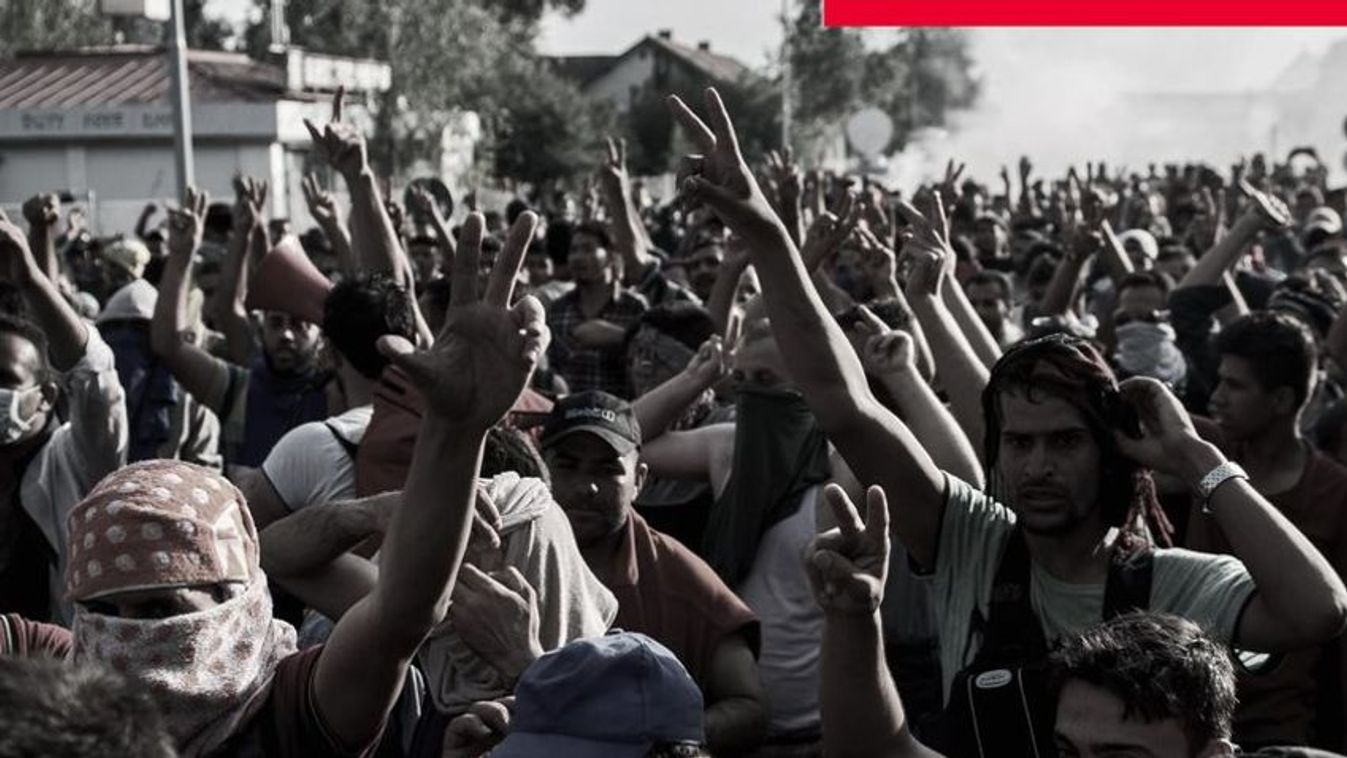

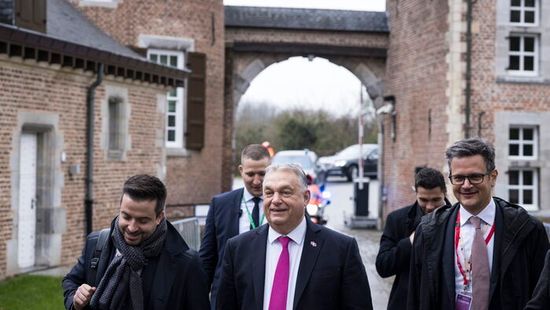

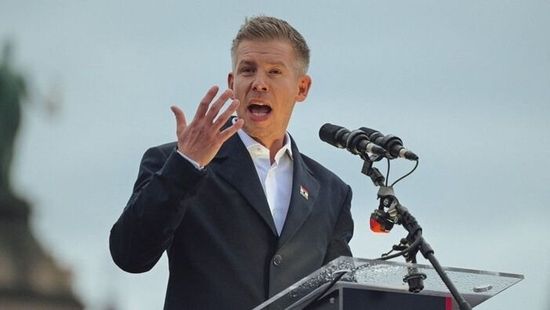


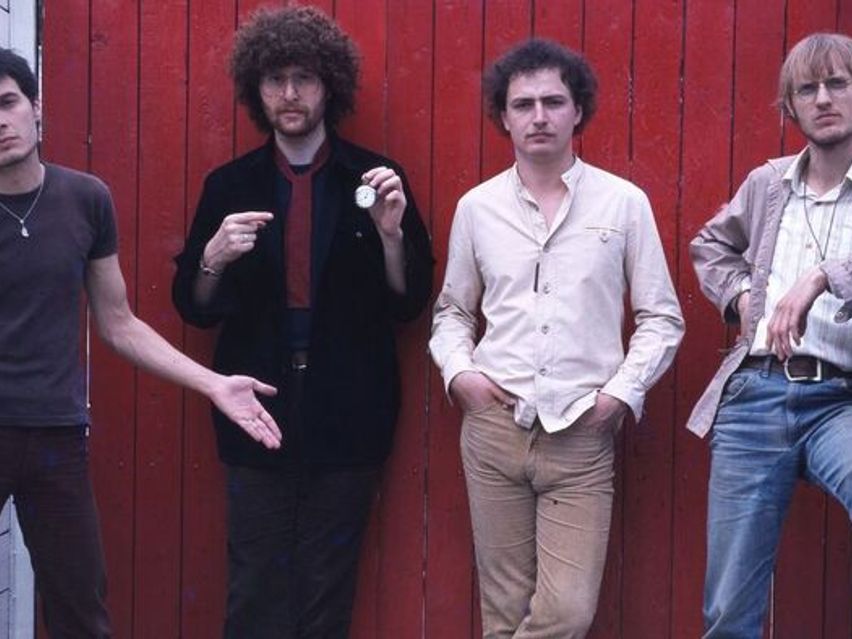
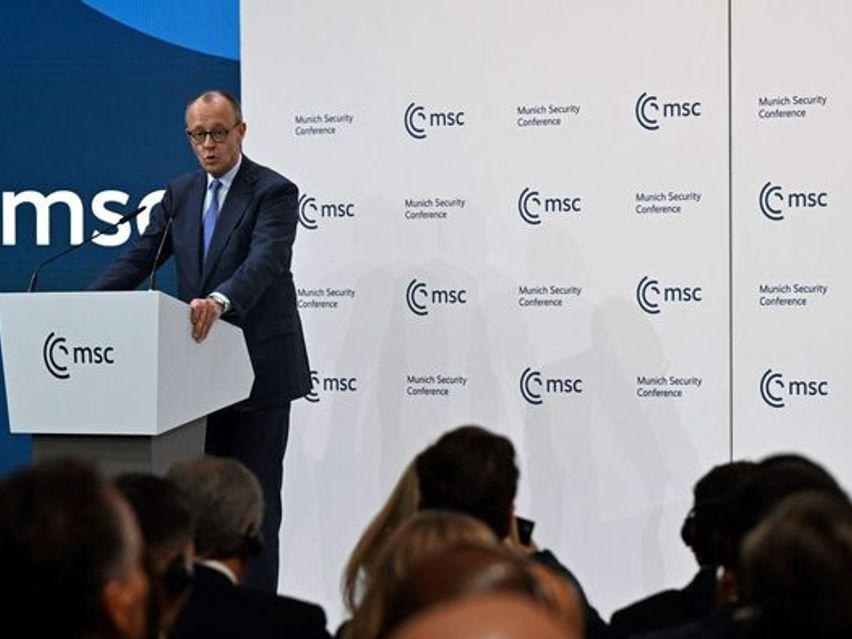


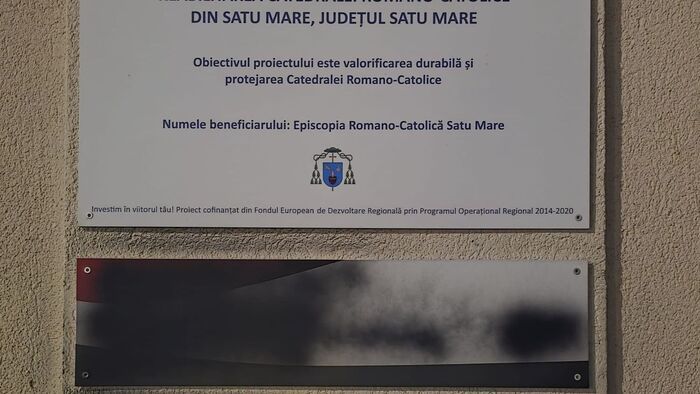

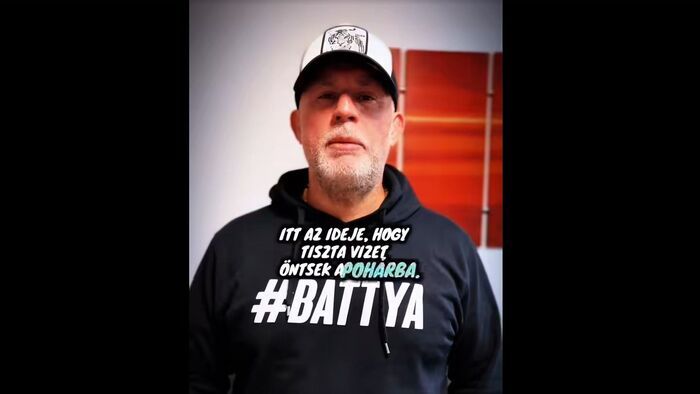
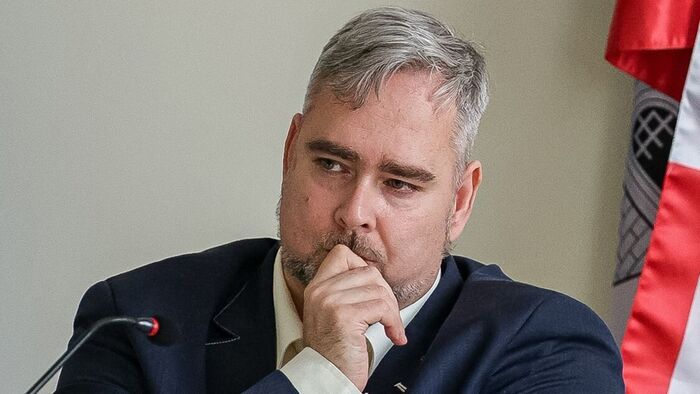
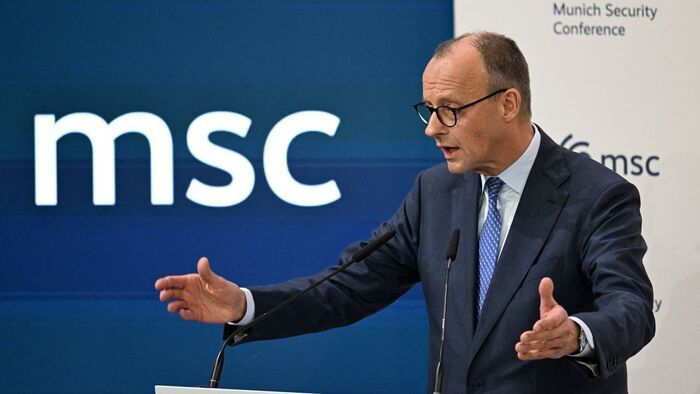

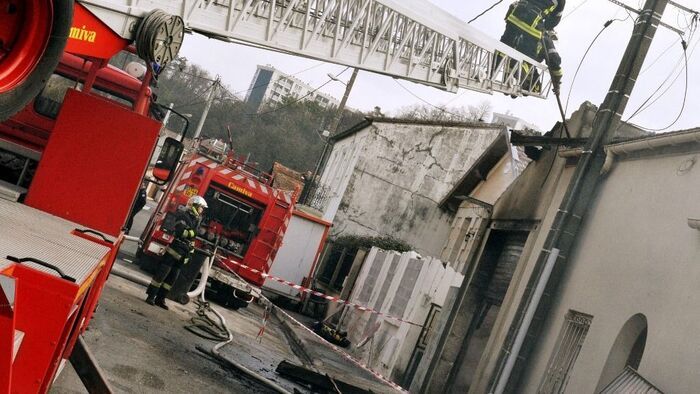





Szóljon hozzá!
Jelenleg csak a hozzászólások egy kis részét látja. Hozzászóláshoz és a további kommentek megtekintéséhez lépjen be, vagy regisztráljon!